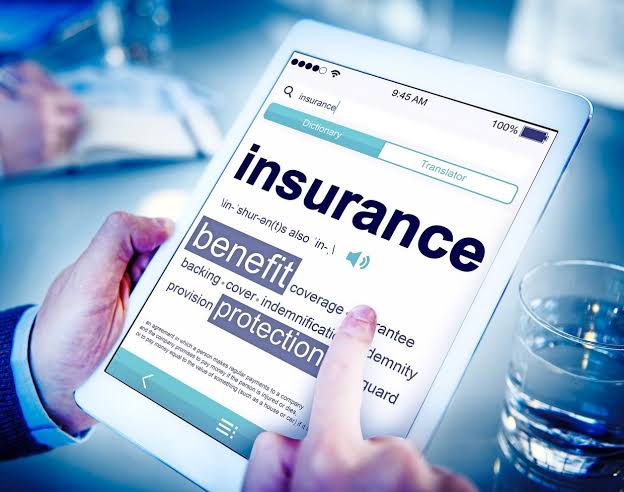A glossary of auto insurance terms can really help you understand your policy as you deal with a claim. It can also help you compare car insurance quotes accurately as you’re shopping for car insurance. Here are no-nonsense definitions of common insurance terms:
Full Coverage Protection
Comprehensive
Helps pay for repairs or to replace your car if it is stolen, vandalized, or damaged in some way other than in a collision. Includes loss or damage from fire, flood, falling objects, wind, hail, and collision with an animal.
Collision
Helps pay for repairs to your car for damage caused by an accident.
Car Insurance – What’s Required in Most States
Car insurance requirements vary by state. In most states, you are required to have both bodily injury and property damage liability insurance. Some states require coverage to help pay hospital bills and medical expenses for you and your passengers related to injuries from a car accident, no matter who is at fault. Some states require that you protect yourself from uninsured or underinsured motorists. Ask your insurance agent for personal advice about making sure you’re adequately covered.
Bodily Injury Liability
Helps pay for bodily injury expenses, like hospital bills and medical care, that you may be held responsible to pay if you cause an accident that injures another driver or another car’s passengers.
Property Damage Liability
Helps pay to fix someone else’s vehicle you’re held responsible for damaging in an accident.
Auto Insurance – Additional Forms Required in Some States
Personal Injury Protection (PIP) and Medical Payments (Med Pay)
Helps pay for hospital bills and medical care expenses for you and your passengers if you’re injured in an accident, no matter who was at fault. Some states require personal injury protection. If it’s not required where you live, you can always choose to add it yourself.
Uninsured and Underinsured Motorist (UM/UIM)
Pays for damages you are legally entitled to recover from a driver without liability insurance or a hit-and-run driver or for an amount that exceeds an at-fault driver’s insurance limits. In other words, it covers you when the other guy doesn’t have enough or doesn’t have any insurance to pay you for damage repair or your medical bills. If it’s not required where you live, you can always choose to add it for your own protection.
Additional Coverage Options and Add-Ons
Emergency Assistance Package
Includes all the benefits of Roadside Assistance plus adds coverage for expenses and meals, lodging, and transportation if you’re involved in an accident more than 25 miles away from home. Also includes coverage for personal belongings damaged in an accident or stolen from your car.
Audio-Visual and Custom Equipment Coverage
Protects your audio, visual, and custom equipment that was not installed at the factory or dealership. Audio-visual systems and equipment, like a stereo or DVD player must be permanently installed. Custom equipment includes any part that modifies the appearance or performance of your car or truck, like a modified or custom engine, roll bars, lift kits, custom wheels, murals, and decals.
Personal Property Coverage
Get reimbursed for personal belongings that are damaged in an accident or stolen from your car.
Roadside Assistance
Roadside Assistance will help you change a flat tire, deliver gas, oil, or other essential fluids like radiator and brake fluid, jump start your battery and send out a locksmith if you’re locked out of your car. For only pennies a day, Roadside Assistance covers towing to the nearest qualified repair shop and other basic emergency services.
Rental Car Reimbursement
Get help paying for the cost of renting a car while yours is in the shop being repaired after a covered loss. Rental car reimbursement is a type of loss of use coverage.

